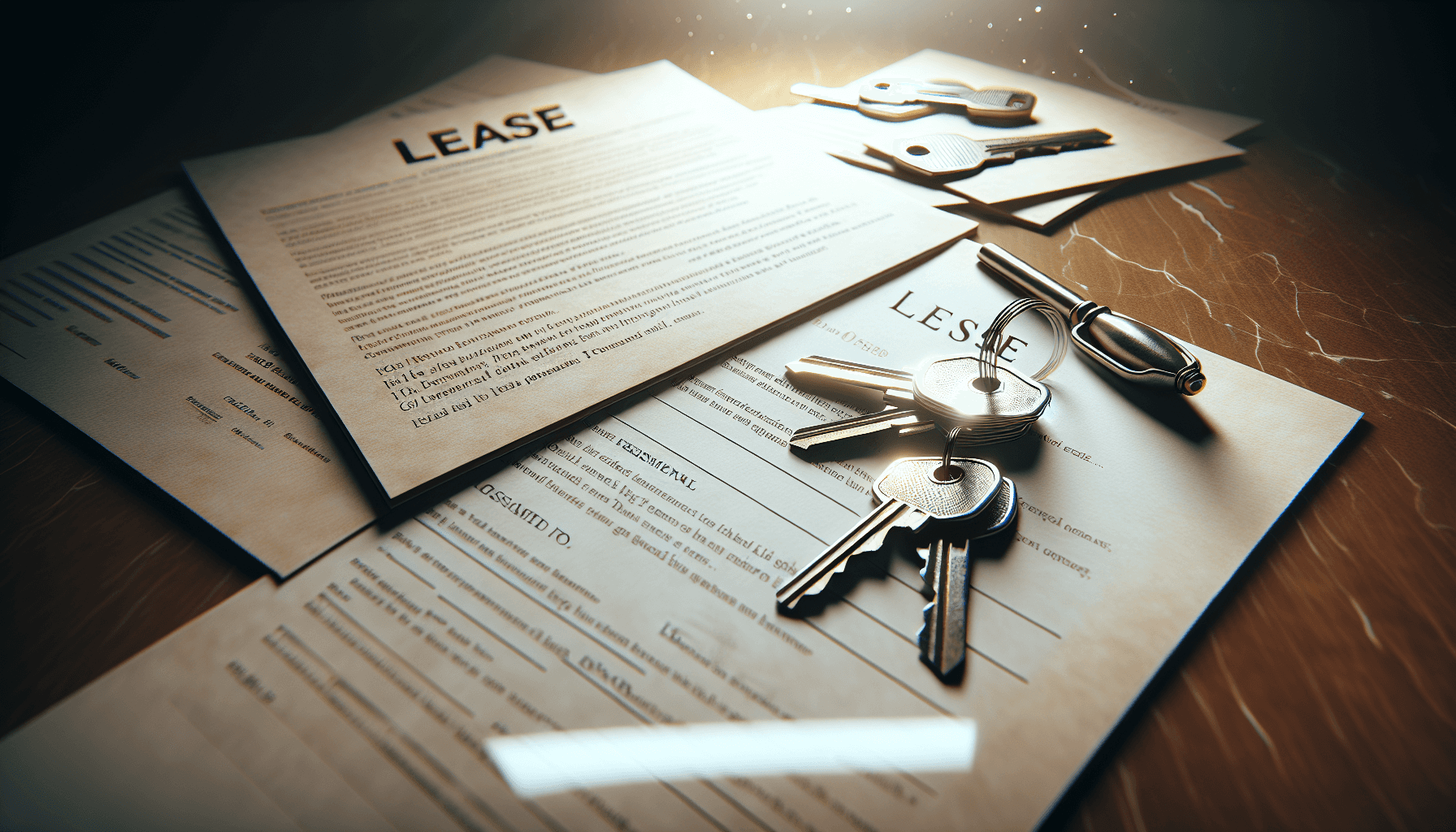Graduated Lease: Understanding the Ins and Outs of Variable Commercial Rent
Commercial real estate leases come in many forms, but I find graduated leases particularly fascinating. These rental agreements offer unique advantages for both property owners and tenants, making them a popular choice in commercial real estate. Let me walk you through everything you need to know about graduated leases and how they might benefit your business.
Graduated Lease: A graduated lease is a rental agreement where the payment amount changes at predetermined intervals throughout the lease term, typically increasing according to a set formula or schedule. These adjustments are clearly defined in the lease terms and are commonly used in long-term commercial real estate agreements to account for changing market conditions or property values.
Understanding Graduated Lease Structures
The structure of a graduated lease might seem complex at first, but I'll break it down for you. These leases typically follow one of three main payment increase methods:
Fixed percentage increases: The rent increases by a set percentage (like 3%) each year
Cost of living adjustments: Rent changes based on the Consumer Price Index (CPI)
Market rate adjustments: Rent adjusts according to current market conditions
Most graduated leases run for 5-10 years, with rent adjustments occurring annually or every few years. You can negotiate these terms during the lease signing process, allowing for some flexibility in how the increases are structured.
Benefits and Drawbacks
Property owners love graduated leases because they provide steady income growth without the need for constant lease renegotiation. They're protected against inflation and can count on long-term tenant relationships.
For you as a tenant, the benefits include:
Starting with lower initial payments while your business grows
Knowing exactly what your future rent will be
Being able to budget more effectively for the years ahead
But I should mention some potential challenges:
Your business growth might not match the predetermined rent increases
The agreed-upon increases could end up higher than market rates
Some formulas for calculating increases can be complicated
Real-World Applications
I see graduated leases used frequently in retail spaces, office buildings, and industrial properties. For example, a startup might lease office space with a graduated lease structure that starts at $3,000 monthly, increasing by 2% annually over a 5-year term. This allows them to secure prime real estate while their revenue grows.
Comparing Lease Types
Unlike fixed-rate leases, which keep the same rent throughout the term, graduated leases build in predictable increases. They differ from percentage leases, which base rent partially on business revenue. Net leases focus on operating expenses, while graduated leases primarily address base rent adjustments.
Legal Considerations
A solid graduated lease agreement needs clear language about:
The exact formula for calculating increases
Timing of adjustments
Maximum and minimum adjustment caps
Each state has different regulations governing commercial leases, so having a local real estate attorney review your agreement is smart.
Common Questions and Misconceptions
Many people ask me about early termination options with graduated leases. Yes, you can negotiate early termination clauses, but they typically come with penalties. Modification possibilities exist too, but both parties must agree to any changes.
Future Trends
Commercial real estate software now makes it easier to calculate and track graduated lease payments. I'm seeing more flexible structures emerge that combine elements of different lease types to meet modern business needs.
Making the Right Choice
Consider a graduated lease if:
You're planning for long-term occupancy
Your business has strong growth potential
You want predictable rent increases
Ready to Explore Your Options?
At Bellhaven Real Estate, we specialize in matching businesses with the right lease structures for their needs. Our team can guide you through the complexities of graduated leases and help you make an informed decision about your commercial space. Let's find the perfect lease arrangement for your business goals.

